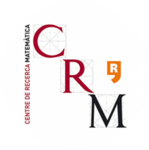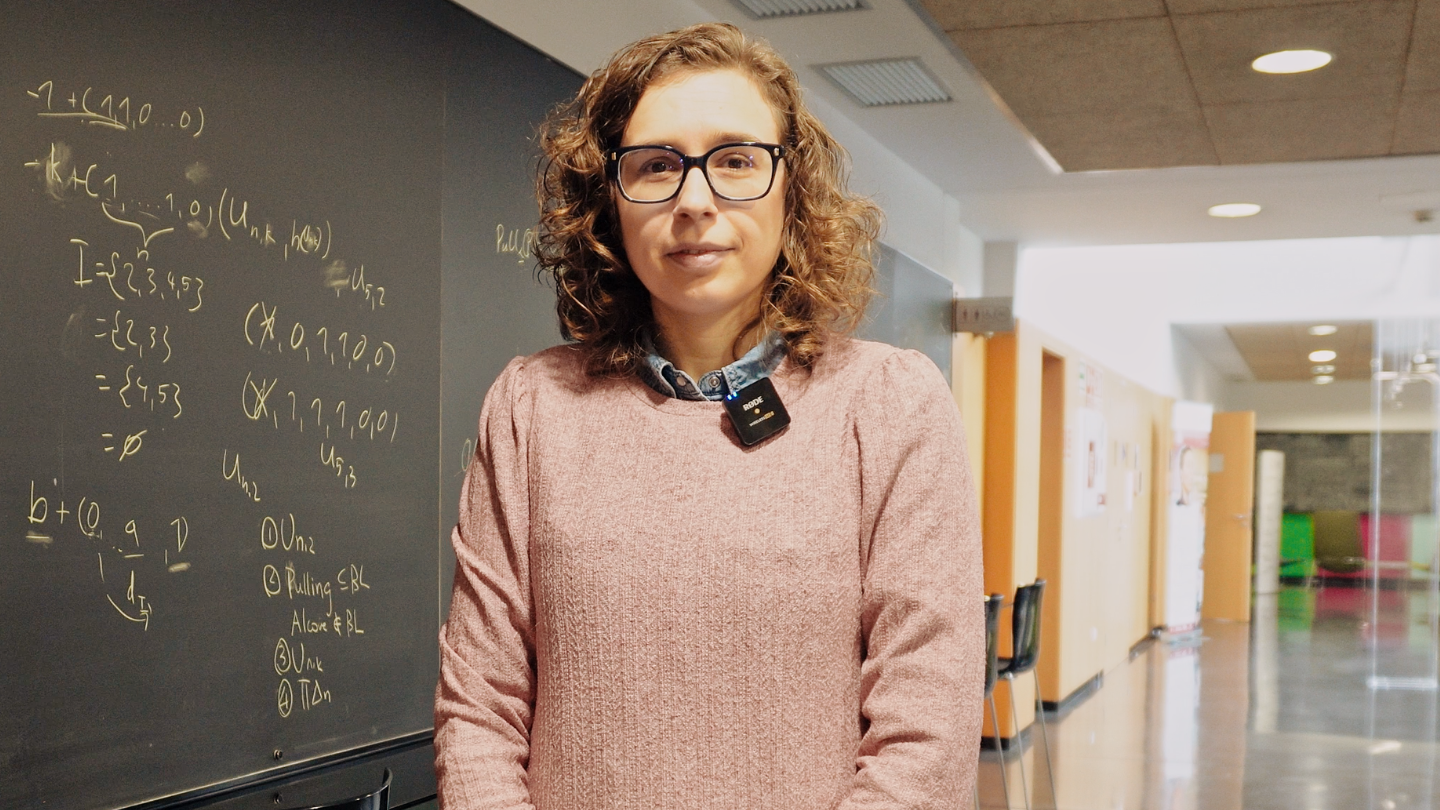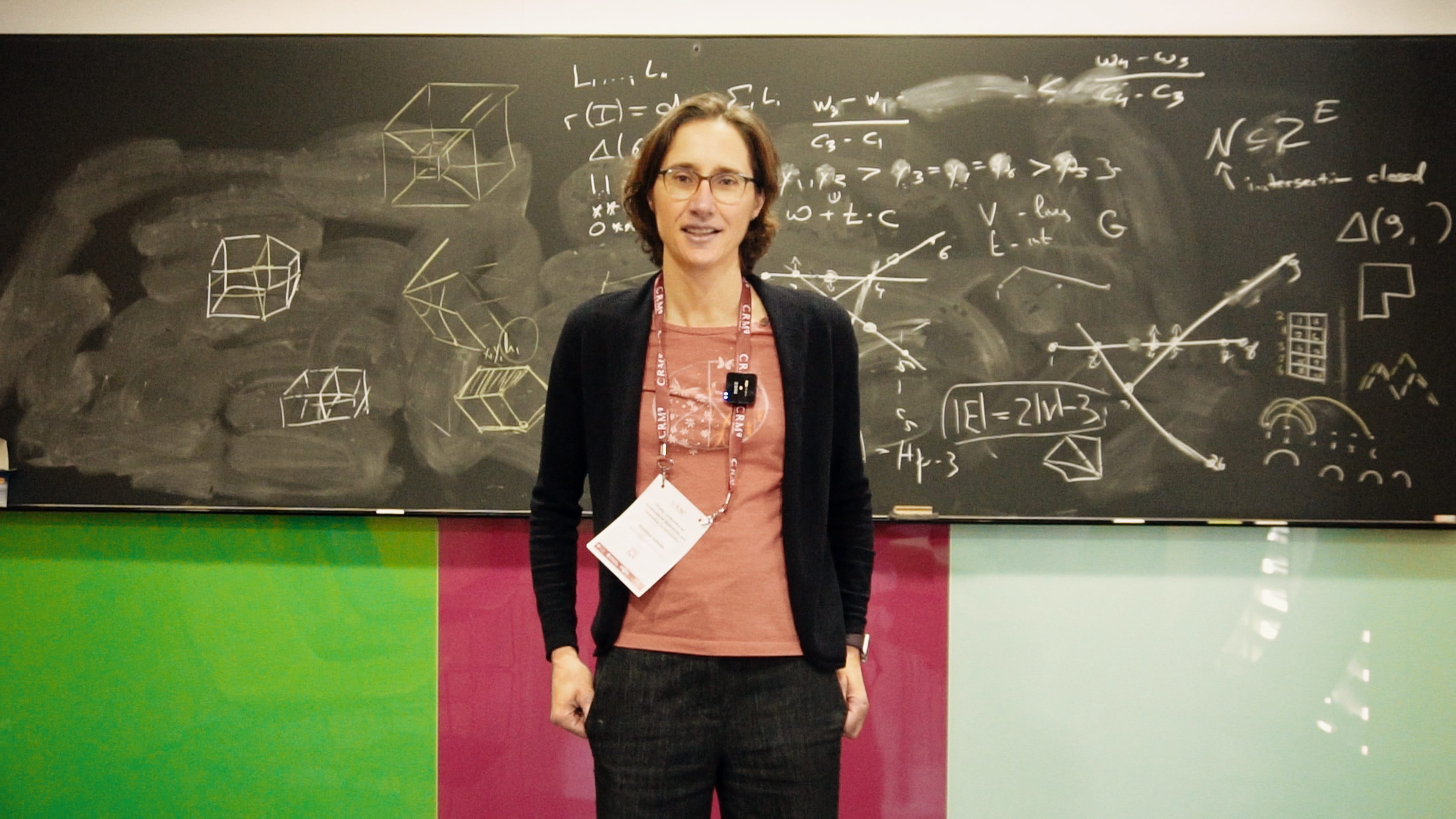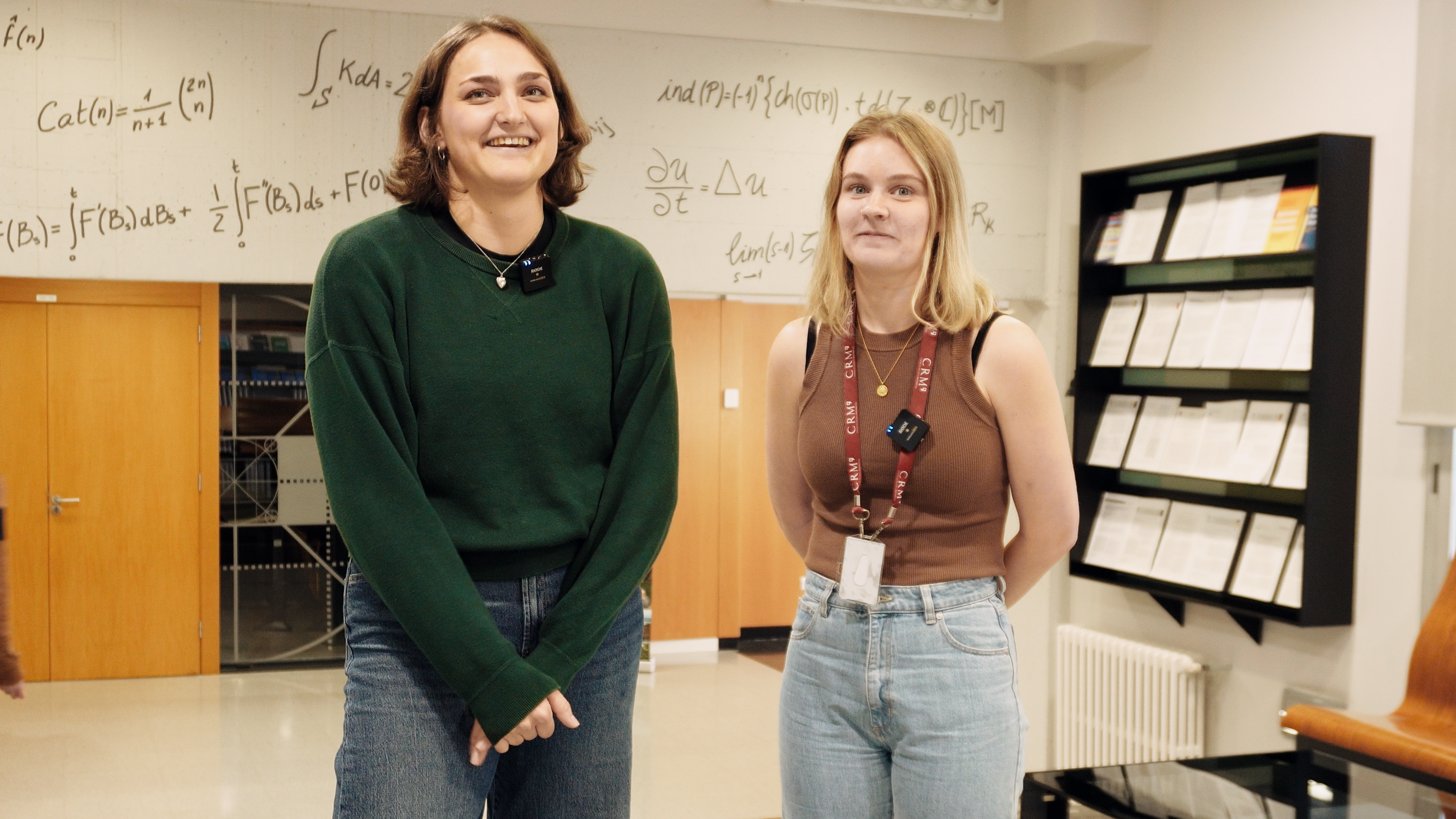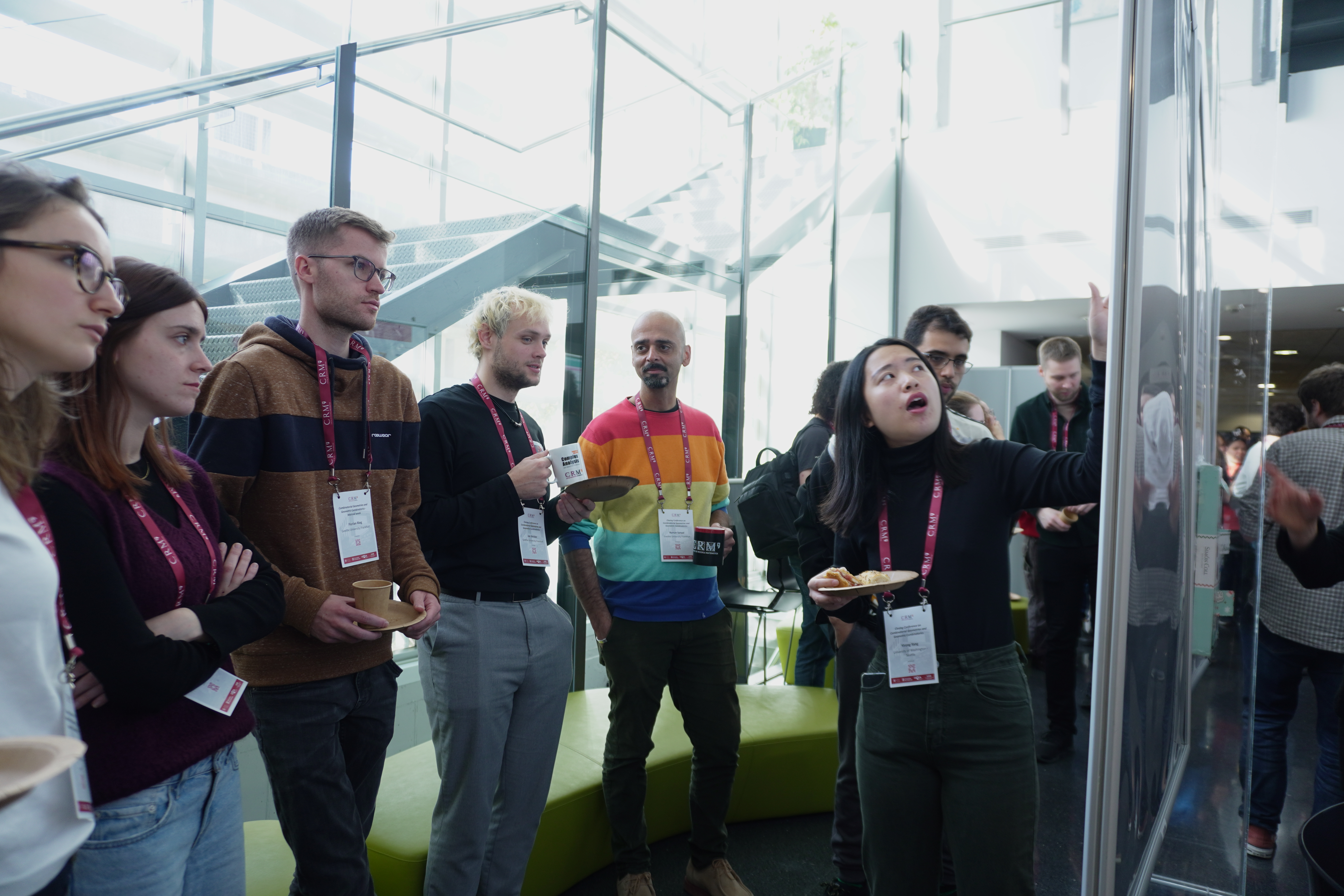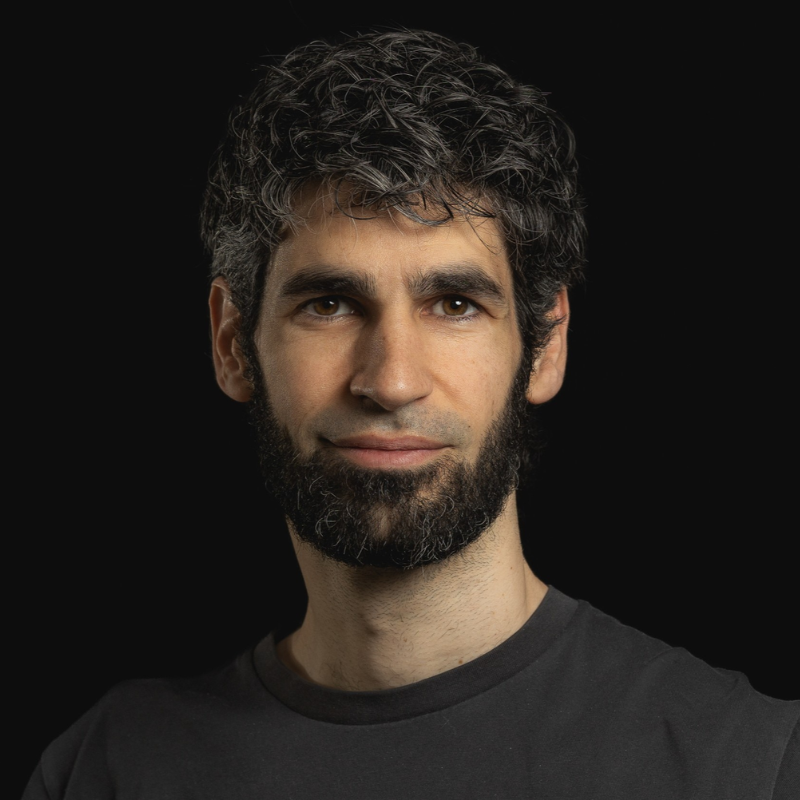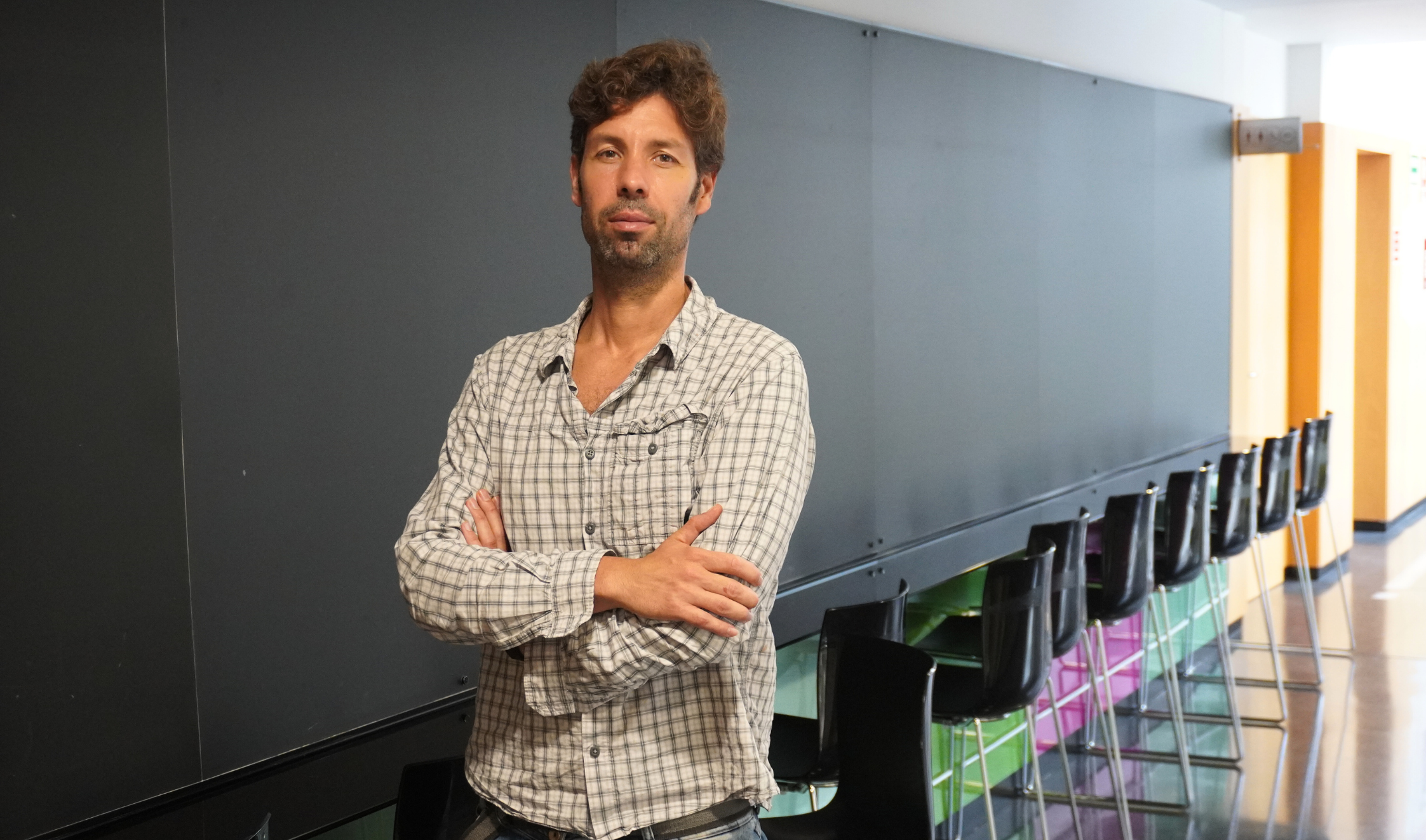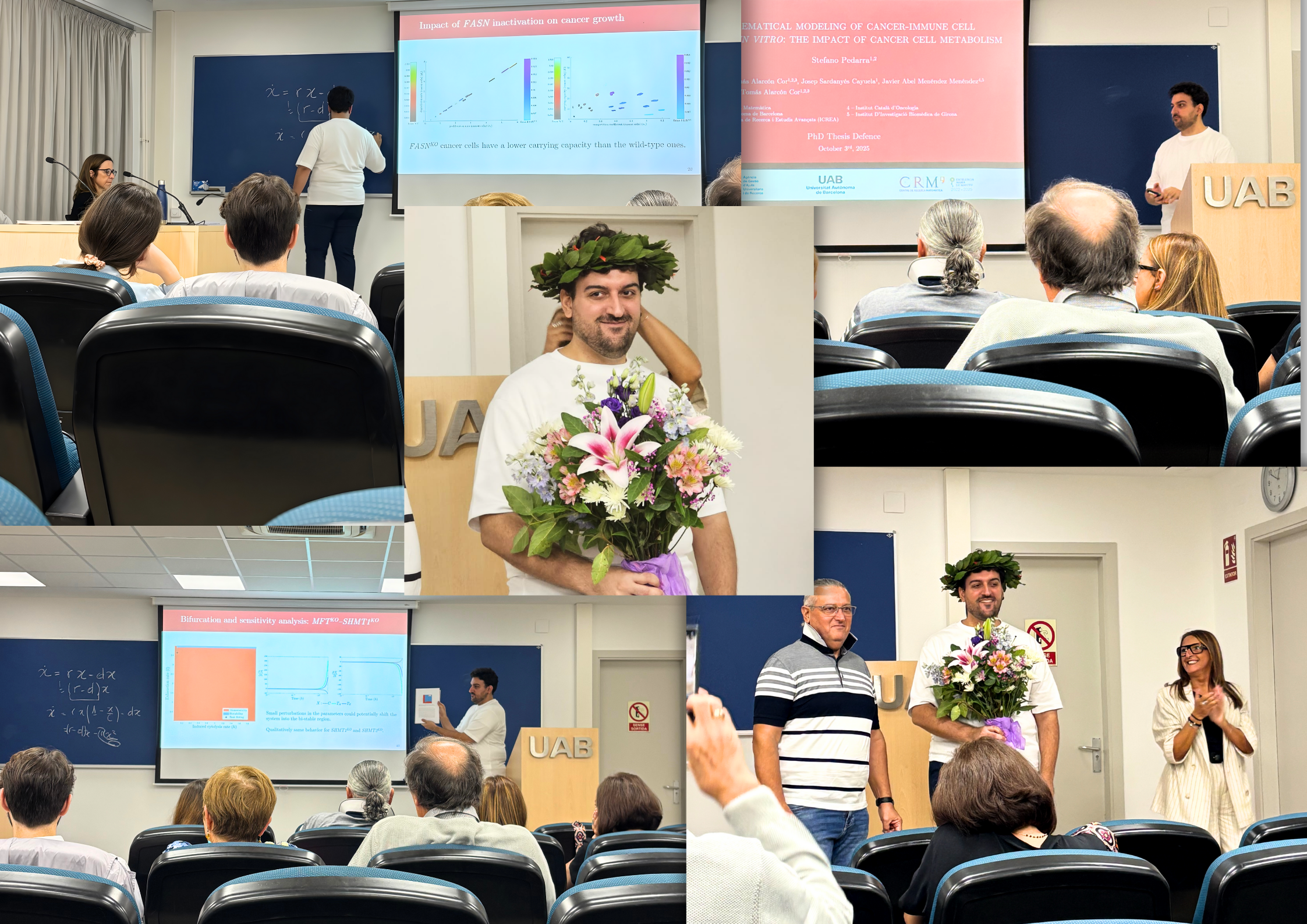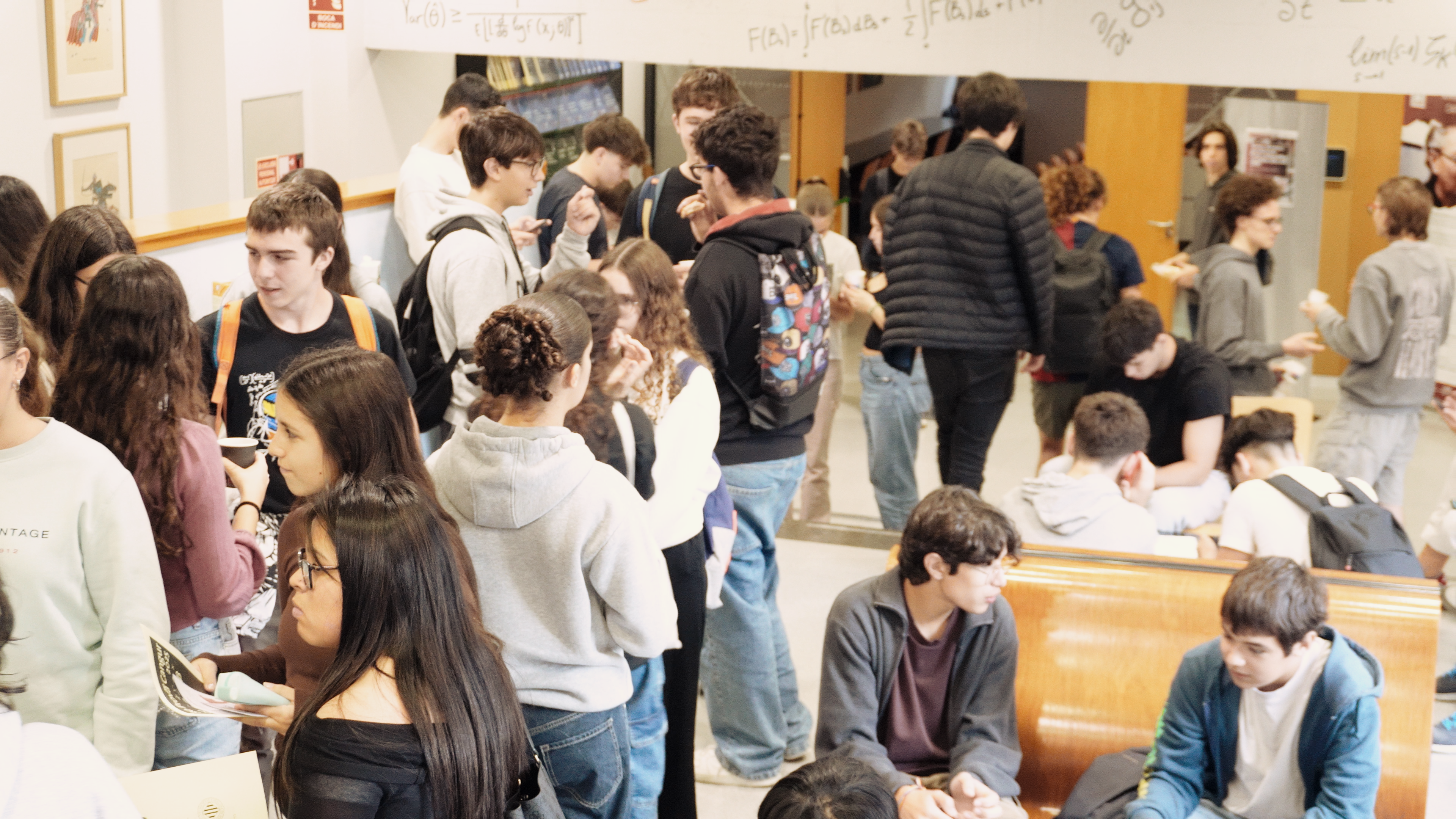
Researchers from the Centre de Recerca Matemàtica (CRM) are working on an innovative project called DYSEDAS, which aims to develop an efficient method for storing large amounts of data using techniques from symbolic dynamical systems. The project’s goal is to minimize data sizes without any loss of information. Initially, the focus is on compressing image files, which typically require substantial storage and bandwidth. Leading the project are Lluís Alsedà, a professor at the Universitat Autònoma de Barcelona and Director of the CRM, and David Romero, Director of the CRM Knowledge Transfer Unit.
David Romero explains that the main idea “is to develop a compression system that matches the level of existing compression systems, without requiring high levels of computation, making it more accessible for everyone to use.”
The tech industry’s growth has led to an increased demand for data storage, resulting in significant environmental consequences. Data centres, which store and process vast amounts of information, consume large amounts of electricity and contribute to CO2 emissions. By reducing data sizes, DYSEDAS aims to lower the energy requirements for data storage and transmission, thus reducing greenhouse gas emissions and environmental impact.
“Maintaining data is expensive because large data centers consume a lot of energy” adds Romero. “The goal of DYSEDAS is not just to create a compression algorithm specifically for images but to develop one that can handle any file type. There are algorithms that work better for images than text, and our aim is to address this variability.”
Moreover, the project offers potential economic benefits by lowering the need for extensive data storage infrastructure. This is especially beneficial for sectors like academia, healthcare, and public services that rely heavily on large volumes of data. For instance, the healthcare industry generates vast amounts of imaging data that require efficient storage solutions. DYSEDAS’s technology can make these processes more sustainable and cost-effective.
A Broader Vision for Sustainability
Projects such as DYSEDAS hope to contribute towards a more sustainable future where technology innovation does not come at the expense of our natural resources and ecosystems. By minimizing the environmental impact of managing the large volumes of data that nowadays flood storage facilities, the project supports global efforts to reduce carbon footprints. Additionally, the method’s universal applicability means it can be extended to other types of data beyond images, potentially transforming data storage across various domains.
The project also aligns with the goals of the FAIR/Open Science movement, promoting the use of scientific and technical data for innovation and modernization. By enhancing data management and distribution, DYSEDAS supports public sector agencies involved in critical areas such as weather, climate, and emergency services.
Romero highlights the importance of reproducibility in science, stating, “For science to be fair, experiments must be reproducible. The results obtained from the data should be reproducible, meaning that existing data should be usable in an open manner. If there is a lot of data, to conduct new experiments, this data must be stored compactly, accessible, and without any data loss using the compression algorithm.”
DYSEDAS is funded by the Spanish Ministerio de Ciencia, Innovación y Universidades as part of the Transición ecológica y transición digital call. This funding initiative aims to promote R&D activities to increase the competitiveness and international leadership of Spanish science and technology through the generation of scientific knowledge, quality research, and the development of technologies.
Digital transition projects such as DYSEDAS aim to enhance the infrastructures, skills, and technologies needed for a digital economy and society, fully leveraging the synergies and opportunities of new technological developments and data management, while prioritizing people and their digital rights.
Subscribe for more CRM News
|
|
CRM CommPau Varela & Mariona Fucho
|
Seeing Through Walls: María Ángeles García Ferrero at CRM
From October to November 2025, María Ángeles García Ferrero held the CRM Chair of Excellence, collaborating with Joaquim Ortega-Cerdà on concentration inequalities and teaching a BGSMath course on the topic. Her main research focuses on the Calderón problem,...
Fuel Cells, Filtration, and Decades of Collaboration: A Conversation with Brian Wetton
Brian Wetton, from the University of British Columbia, spent last October at CRM collaborating with Tim Myers on computational models for filtration systems. His career has evolved from pure numerical analysis to applied mathematics with industrial partners, working...
From Barcelona to West Bengal: Chemistry Meets Mathematics to Enhance Water Filter Design
Researchers at the Centre de Recerca Matemàtica, in collaboration with IIT Kharagpur and UPC, have developed a mathematical model that accurately predicts the performance of fluoride-removal water filters made of mineral-rich carbon (MRC) and...
Polytopes, Matroids, and the Friends You Make: Martina Juhnke on Two Months at the CRM
The Centre de Recerca Matemàtica recently hosted a research programme on Combinatorial Geometries and Geometric Combinatorics, focusing on the overlap between polytopes and matroids. Martina Juhnke, a member of the scientific committee, reflects on how this programme...
BAMB! 2025: Participants Return to the CRM for Research Stays
In October 2025, the Centre de Recerca Matemàtica hosted Josefine Meyer (ISTA) and Cate MacColl (University of Queensland) for a month-long research stay following their participation in the BAMB! Summer School. Despite studying vastly different subjects, from...
Connecting Shapes, Patterns, and Ideas: the Closing Conference on Combinatorial Geometries and Geometric Combinatorics
During five days, the CRM hosted the Closing Conference of the MDM Focused Research Programme on Combinatorial Geometries & Geometric Combinatorics. The event featured plenary talks, contributed sessions, and posters on topics from matroids and polytopes to...
Xavier Ros-Oton among the 65 most cited mathematicians in the world
ICREA professor at the Universitat de Barcelona and CRM affiliated researcher Xavier Ros-Oton appears on Clarivate's Highly Cited Researchers 2025 list, which this year reinstates the mathematics category after two years of exclusion.Citations are a strange way to...
New Horizons for H- and Γ-convergence: From Local to Nonlocal (and viceversa)
The researchers Maicol Caponi, Alessandro Carbotti, and Alberto Maione extended the H- and Γ-convergence theories to the setting of nonlocal linear operators and their corresponding energies. The authors were able to overcome the limitations of classical localization...
Diego Vidaurre joins the CRM through the ATRAE talent programme
Diego Vidaurre has joined the Centre de Recerca Matemàtica through the ATRAE programme, bringing his expertise in modelling spontaneous brain activity across multiple data modalities. His work focuses on understanding how the brain’s intrinsic dynamics shape...
El CRM a la Setmana de la Ciència: una ruta entre dones, formes i pensament
El CRM va participar en la 30a edició de la Setmana de la Ciència amb una ruta guiada que va combinar les biografies de dones matemàtiques amb obres d'art del centre, connectant ciència, història i creació artística.El 12 de novembre, el Centre de Recerca Matemàtica...
Stefano Pedarra Defends his PhD Thesis on the Interaction between Tumour Cells and the Immune System
Stefano Pedarra has completed his PhD at the Centre de Recerca Matemàtica with a thesis exploring how tumour-cell metabolism shapes the immune system’s ability to fight cancer. His work brought mathematics and biology into direct conversation, from building models to...
Els estudiants participants a la prova de preselecció de Bojos per les Matemàtiques visiten el CRM
La prova de preselecció de Bojos per les Matemàtiques va reunir estudiants de tot Catalunya a la UAB i al CRM, amb presentacions a càrrec de Montse Alsina, presidenta de la Societat Catalana de Matemàtiques, Núria Fagella, degana de la Facultat de Matemàtiques i...

